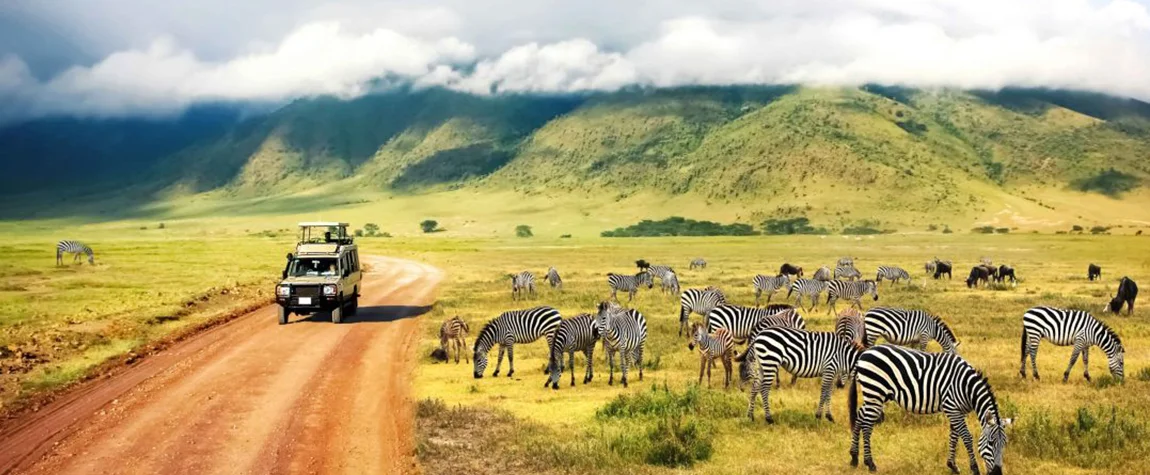By The Arusha News Reporter in Arusha and New York
The Director General of the Arusha-based East, Central and Southern Africa Health Community (ECSA-HC), Dr Ntuli Kapologwe, has called for greater investment in African science and stronger regional solidarity to address persistent health inequities.
Speaking at a high-level side event on the margins of the 80th United Nations General Assembly (UNGA80) in New York this week, Dr Kapologwe highlighted the stark imbalance between Africa’s health challenges and its research output.
“Africa carries 25 per cent of the global disease burden yet contributes less than 2 per cent of global research output. These gaps reflect deep structural inequities that science diplomacy must address,” he said.
Dr Kapologwe urged African governments and institutions to embrace science diplomacy to build partnerships, mobilise resources and influence global health policy. He stressed that collective regional action, through platforms such as ECSA-HC, was vital for amplifying Africa’s voice.
He also called for resilient health systems backed by sustainable financing, alongside greater investment in African scientists and innovators. “Strong partnerships are not optional; they are the engine of progress. We must move from being passive recipients to being active leaders in global health.”
Adding their voices, Africa CDC Director General, Dr Jean Kaseya, underscored governance and financing reforms: “Innovative financing must be anchored in strong governance of health systems, so every resource delivers resilience, equity and real impact for our people.”
Tanzania’s Foreign Affairs and EAC Cooperation Minister, Mr Mahmoud Thabit Kombo, emphasised cross-sector collaboration: “Partnerships beyond government are essential and science provides the compass to navigate the complex challenges of our time,” he said.
The event, themed “The Tipping Point: A New Era for Global Health Leadership,” convened top policymakers, scientists and development partners to chart Africa’s path toward equitable health solutions.



